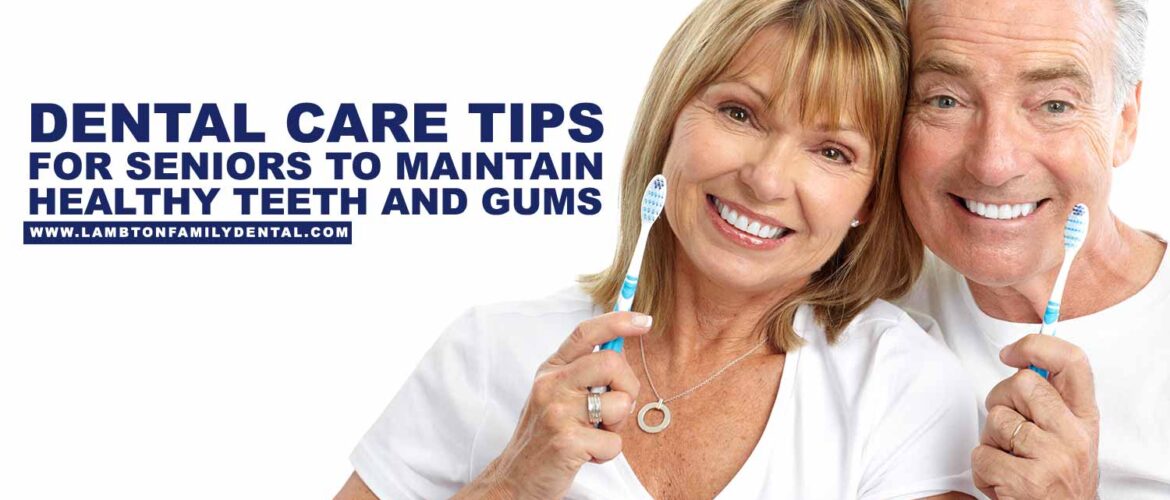Practicing proper oral hygiene and habits remains just as important for seniors as it is for toddlers. During your senior years, you may potentially face several problems concerning your dental health. However, your dental care provider can help protect your oral health from the effects of aging. While dental health can potentially deteriorate with age, getting regular dental checkups enables the dentist to quickly identify, resolve, and even prevent the problem before it can aggravate. That’s why you should never take for granted the importance of oral care in the elderly.
Common Senior Dental Problems
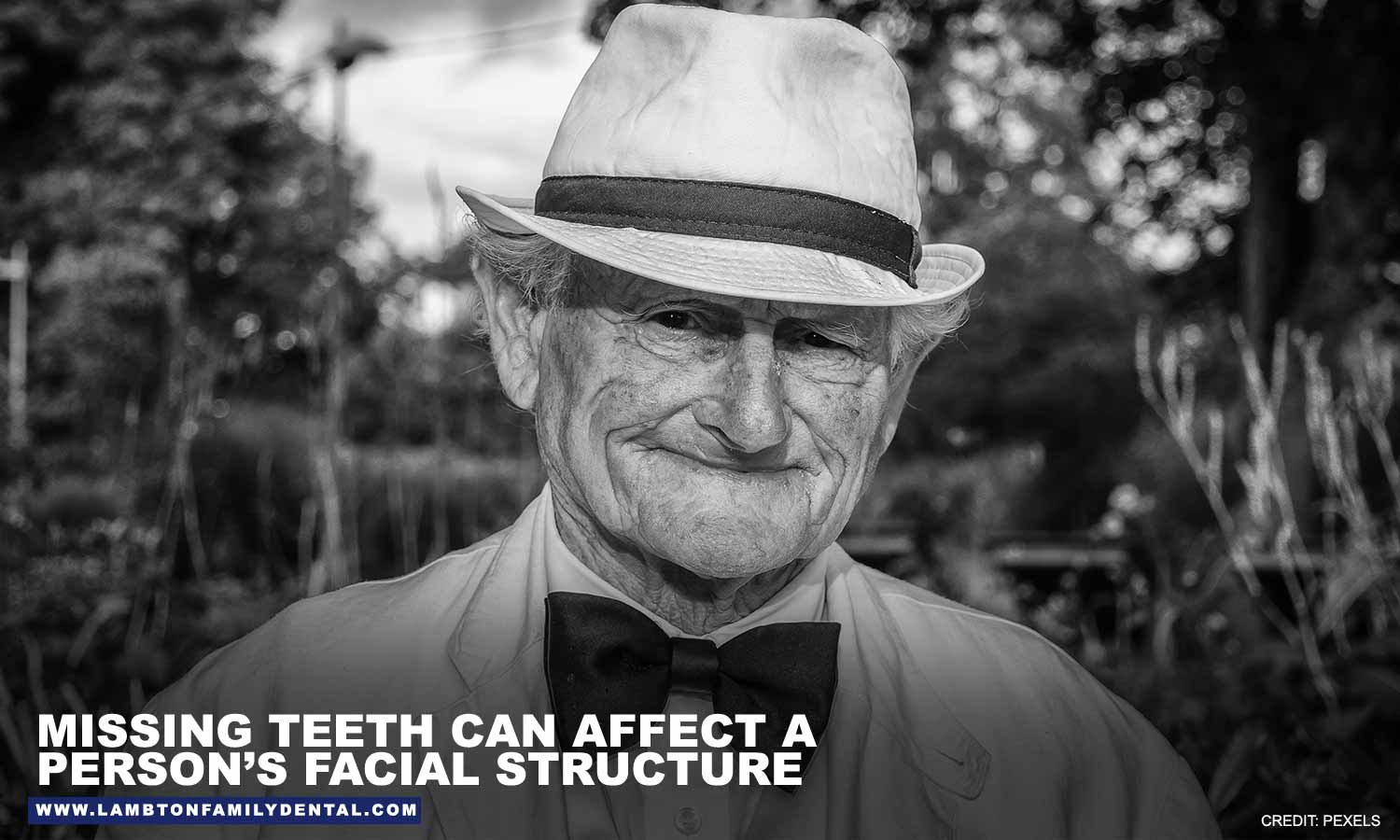
Older individuals are more susceptible to oral health issues including:
- Darkened Teeth – Changes in dentin and years of consumption of stain-causing foods and beverages can contribute to tooth discolouration. Enamel erosion exposes the darker, yellower dentin to show through. If you have darkened teeth, it could be an indication of a more serious problem, which requires a professional dental checkup.
- Dry Mouth – In addition to old age, certain medications and long-term use of dentures can cause dry mouth.
- Root Decay – This dental problem usually occurs when the gum tissue starts to recede, exposing the tooth root. Since the roots do not have enamel to protect them from decay-causing acid, they become more prone to bacteria and decay.
- Gum Disease – There are several problems that can contribute to gum disease in older adults. These include plaque, long-term use of tobacco products, unhealthy diet, certain medical conditions (anemia, diabetes, and cancer), and poor-fitting dentures and bridges.
- Tooth Loss – Untreated gum disease can aggravate your risk of tooth loss in your older years.
- Uneven Jawbone – When you do not replace your missing teeth, it causes the other teeth to shift into open spacing, leading to an uneven jawbone.
- Sensitive Teeth – Sensitivity is an age-related dental problem. The gum recession can lead to the exposure of the tooth root, which eventually causes sensitive teeth. Using an anti-sensitivity toothpaste can help improve the symptoms. However, if the problem persists, it could indicate a more serious problem, such as a fractured tooth or cavity. Make sure to schedule an appointment with your dentist.
- Denture-Induced Stomatitis – Ill-fitting dentures, the buildup of Candida albicans, and poor oral hygiene can lead to the inflammation of the tissue underneath the denture.
- Thrush – Certain health problems or medications can cause the overgrowth of Candida albicans in the mouth.
Senior Oral Health Care Tips for Healthy Mouth, Teeth, and Gums
Taking good care of your oral health becomes a significant concern for aging individuals. Just because you are susceptible to age-related dental health issues does not mean you get to experience them in the future. Keeping your mouth, gums, and teeth in optimal condition requires several common-sense dental practices.
Here are some dental health tips for seniors to help keep their dental health in top shape:
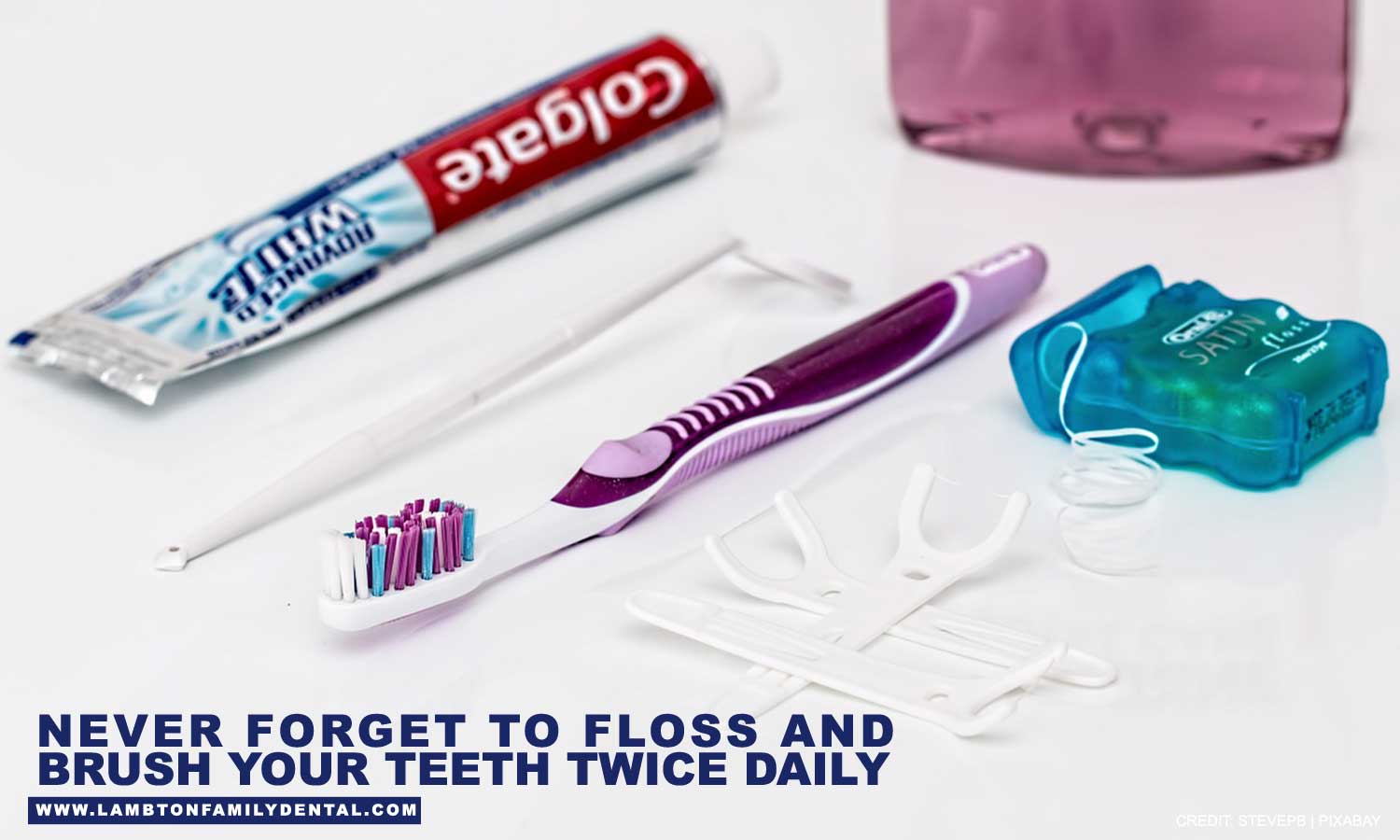
- Brush and Floss Daily – Make sure to brush your teeth with fluoride toothpaste regularly (twice a day for at least 2 minutes). Floss the area in between your teeth to remove stuck food particles. Do this at least once a day or as necessary. When it comes to oral hygiene for the elderly with no teeth, they can use a soft, clean cloth to gently remove plaque on the surface of the gums.
- Use an Antibacterial Mouthwash – Rinse your mouth with an antibacterial mouthwash after brushing or flossing your teeth to kill harmful bacteria and prevent plaque buildup.
- Increase Fluoridation – Fluoride helps strengthen your teeth and protects the enamel. Dental health professionals encourage seniors who are at risk of tooth cavities to switch to a fluoride toothpaste or incorporate a fluoride rinse into their day-to-day oral hygiene routine.
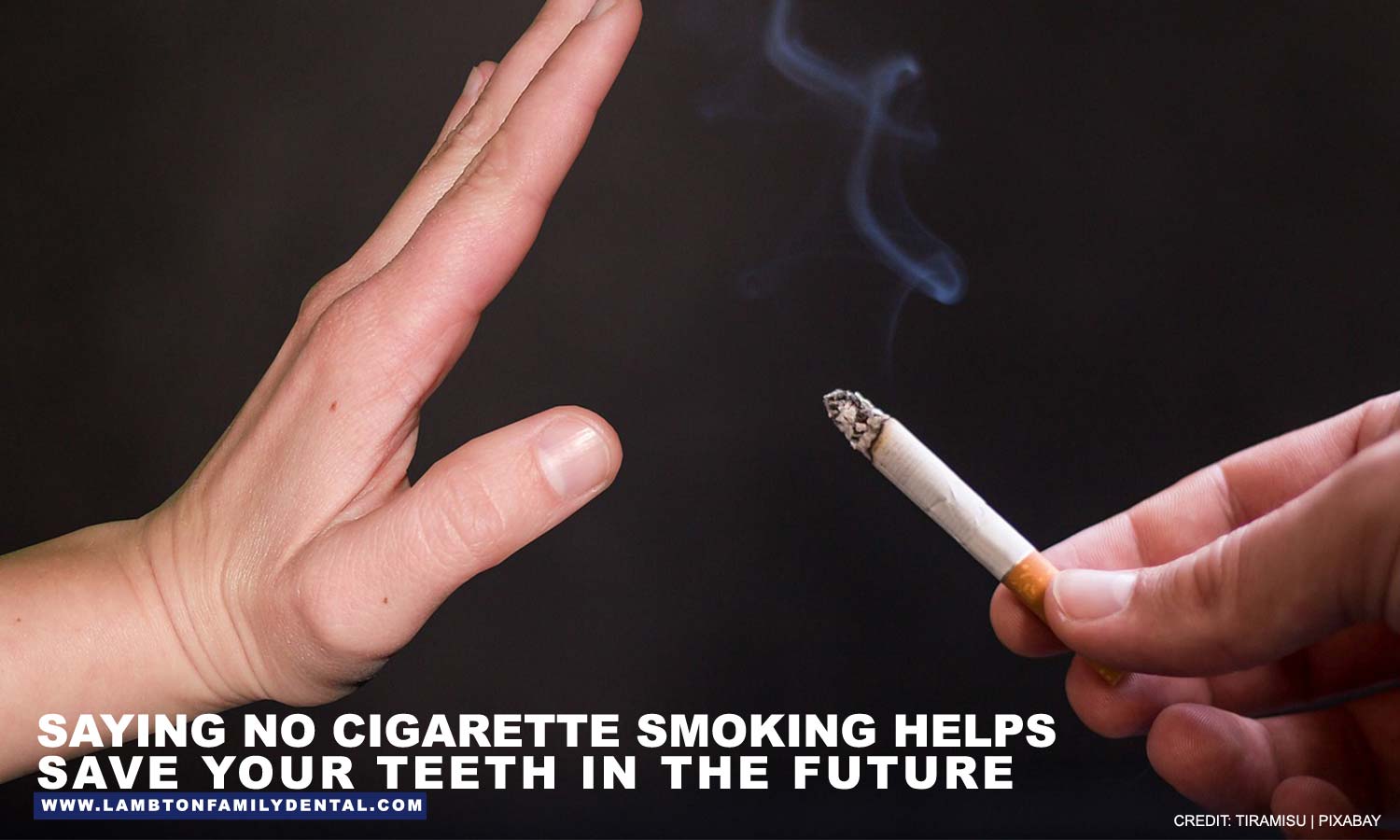
- Avoid Tobacco Products – Smoking tobacco products can increase your risk of oral or throat cancer, as well as cardiovascular disease and other serious health problems. Also, chewing tobacco can contribute to teeth decay.
- Control Sugar Intake – Avoid eating candy, soda, sports drinks, preserved dried fruits, and starchy snacks. Make sure to brush your teeth afterwards or rinse your mouth with water to wash out the sugar.
- Drink More Water – Increasing your water intake protects your teeth from potential tooth decay. Water does not only rinse away bacteria and sugar but also neutralizes the acid in your mouth. Avoid drinking soda, fruit juices, and sports drinks as they have high sugar content. These sugary drinks can increase the level of acid in your mouth, which does not only damage your enamel but also cause dental caries and ultimately, tooth loss.
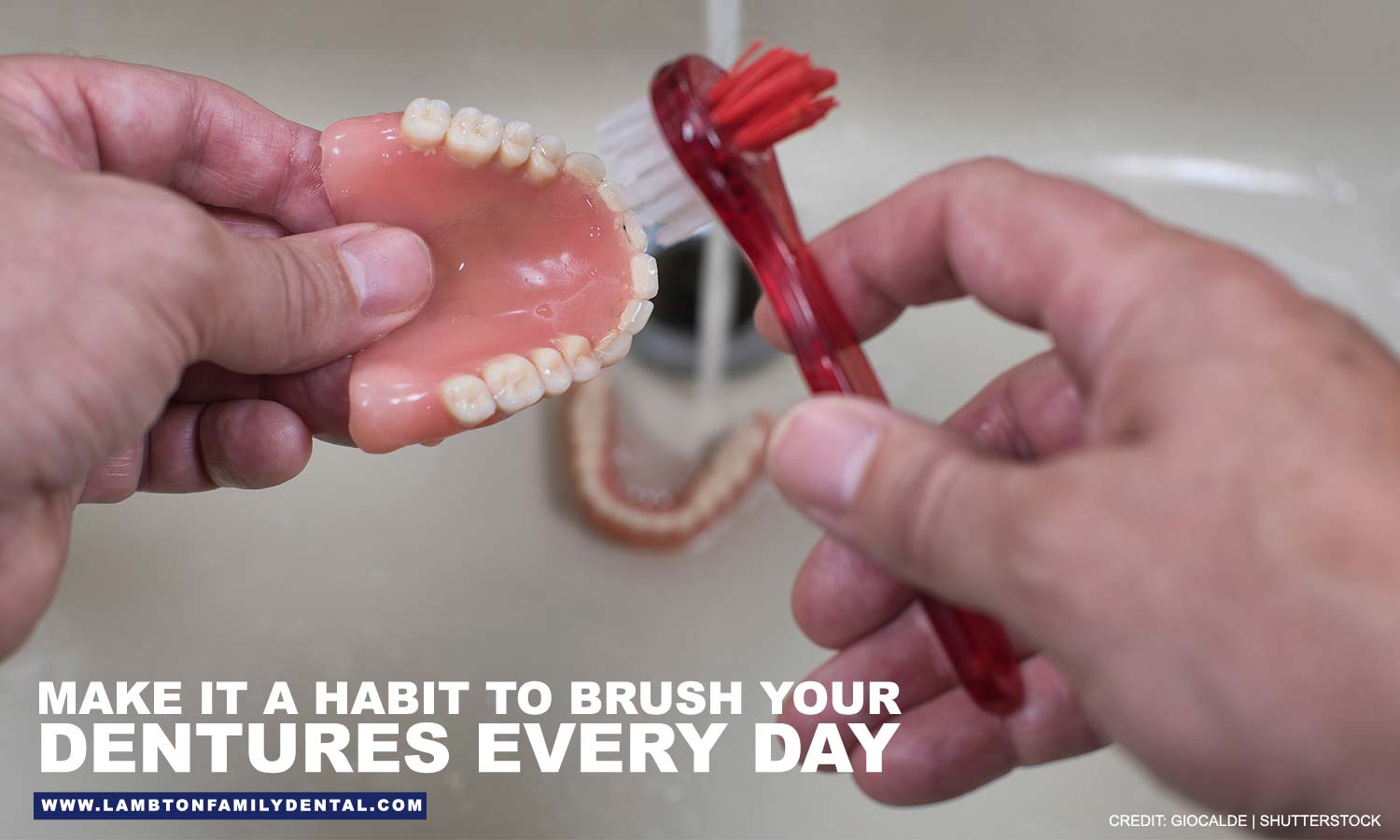
- Proper Denture Care – Dentures offer a long-term solution to missing teeth in older people. However, they require special care. Make sure to follow the instructions given by your dentist and report right away if you experience any problems. Visit your denturist annually to make sure that your dentures are in good condition and fit your mouth perfectly.
- Know Your Recommended Calcium – Calcium helps keep your teeth healthy as you age. Dental care professionals recommend older adults to take 1,000 milligrams of calcium daily from low-fat dairy products to minimize their risk of osteoporosis, a medical condition that has a significant impact on the bone that surrounds the teeth.
- Watch Out for Any Dental Side-Effects of Medication – Some medications may cause dental health issues, such as a dry mouth. Dry mouth may be a common dental problem, but it can be harmful to your general oral health as it causes plaque to adhere to the surface of your teeth easily, increasing your risk of tooth decay and gum disease. If you are on medication, make sure to keep tabs on the changes in your oral health. Contact your dentist as soon as possible if you observe new dental problems.
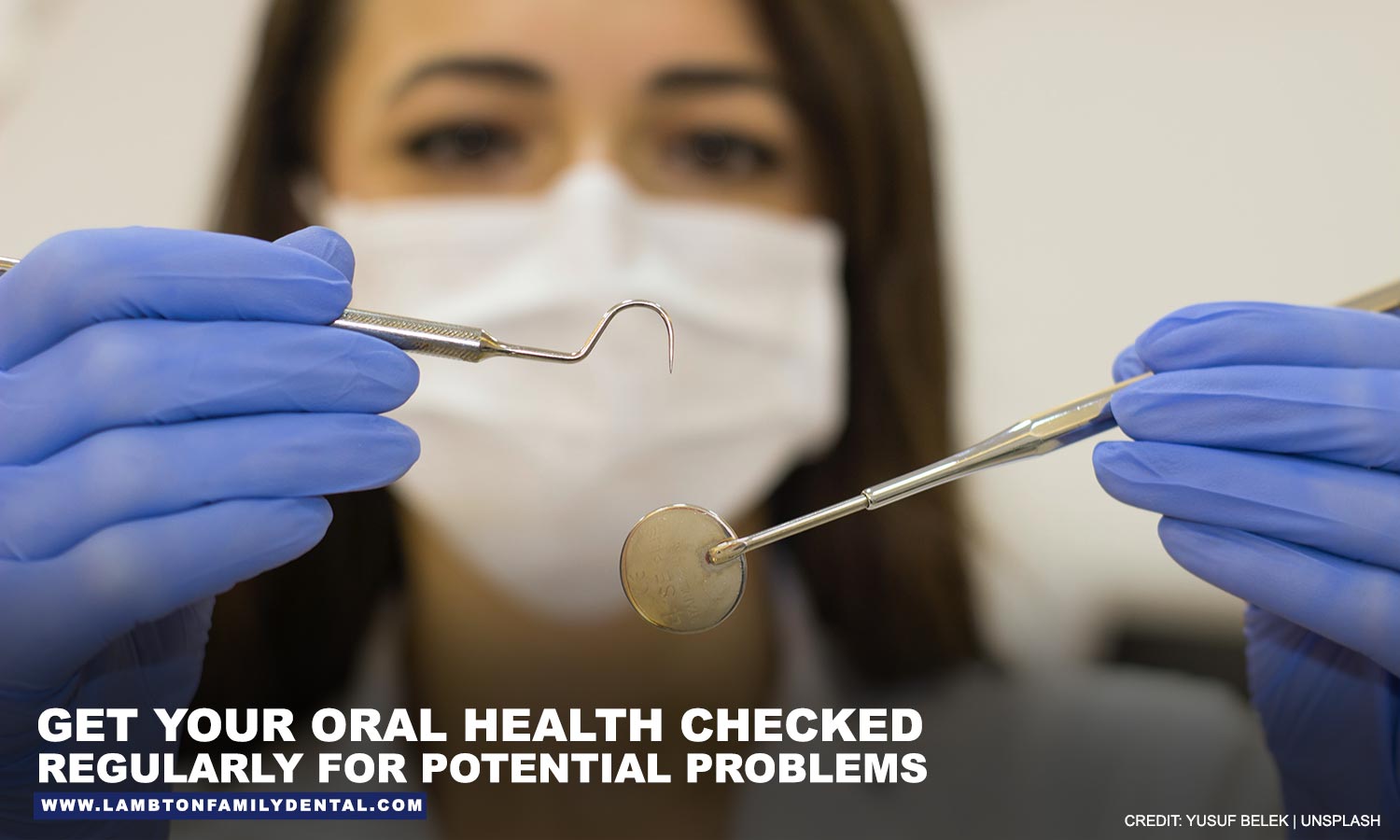
- Visit Your Dentist Regularly – Denture wearers must visit their dentist to get their mouth, teeth, and gums checked every 6 months and keep one step ahead of potential dental health issues.
With proper dental hygiene habits, regular dental visits, and a healthy lifestyle, you can keep your smile bright and healthy at any age. Working together with your trusted dentist can help you understand the risks that come with aging and reduce the likelihood of dental health problems so you can keep your teeth in tip-top condition for a lifetime.
If you are looking for a Sarnia dentist, turn to Lambton Family Dental. Our team of dentists offers comprehensive oral check-ups and preventative care to make you feel and look your best at every stage in your life. Call us today at (519) 344-5747 to book an appointment or a complimentary consultation.

